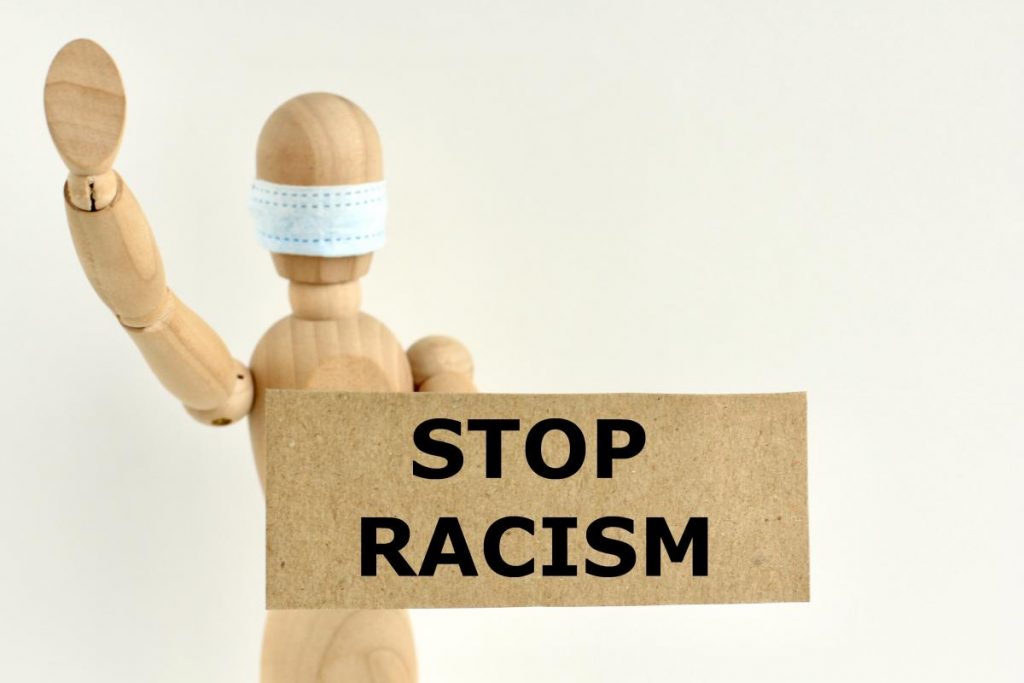However, Moss acknowledged the difficulty the non-black Muslim community and community at large faces as it strives to overcome racism and bias, in particular because many people benefit from it.
“Systemic racism is a level of comfort and a level of lifestyle,” he said. “But it hurts people who are affected by it.”
Imam Ali also talked about the mental slavery black people in American have endured as a result of physical slavery, including a systematic approach to intimidation and fear mongering among white people toward black people.
“Slavery as a written institution may be over, but it didn’t end with the Emancipation Proclamation. There were policies and common practices put in place that ensured African Americans couldn’t progress,” he said, referencing lynchings against black people that lasted for decades and inflicted deep scars. “The systematic oppression continues today.”

Mental Slavery
Watts said she feels the effects of mental slavery every time she sees a police officer.
“If I see a cop, I am terrified, I’m literally shaking,” she explained. “It’s automatic.”
Moss added, “When you grow up black in the United States, it’s with the understanding that you’re not safe.”
The group also called out some members of the immigrant Muslim for racism against their black brothers and sisters.
Iman Ali said it’s incumbent upon immigrant Muslims to recognize the role African Americans’ fight for civil rights played in current American immigration policies.
“They need to know how our struggle has led to their comforts in the United states of America. They have to do some soul searching and see if their behavior and policies and how they conduct themselves reflects the Sunnah and the Quran,” he said. “If they don’t, then they need to make real changes in the masjids.”
Iheanacho said first-generation Muslims who may identify more as Americans than with their parents’ place of birth have an opportunity to hold their folks accountable if they feel they are acting and/or speaking in a racist manner.
“You need to call your parents out on this bigotry in a respectful way,” he said.
Watts said simply being a good person and fellow Muslim is enough in many circumstances. “Call people by their names and not by other things,” she said.
Click to read more…
Pages: 1 2 3
